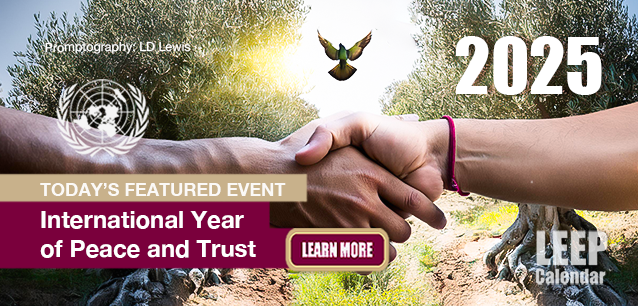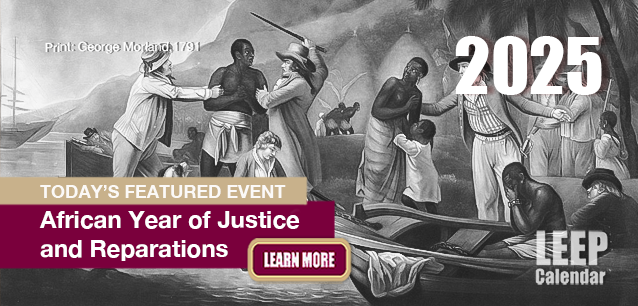 AD
AD
Today is: December 21
Scroll to explore events active on this date.
LEEP INK FEATURES

August? Absolutely!
In August, we live through the Dog Days of Summer. It's hot and often humid, and those who can leave for better climates do. Down south, winter is in full force. August is also known as "the ...

In The Heat of July: July 2025 Events
Is it hot enough (or cold enough if you're below the equator) for you yet? There is actually a day for that! Like every month, I pick a diverse collection of events you may or may not know about. This ...

May Blooms: Events in May 2025
Along with October, May is one of the most densely packed months of the year. It's before the summer humidity and the last whole month of the school year. The weather is warming in t...
About Gregorian Calendar Day
Finance & Banking
Ends: Feb 24, 2020
DESCRIPTION:
February 24, 1592 Pope Gregory XIII established the Gregorian Calendar via a Pappel Bull, the primary calendar used in the world today and the calendar underlying international commerce.
The new calendar went into effect on October 4, 1582. It would not be until 1752 that it became the official calendar throughout most of Europe and the colonies.
The Julian Calendar, which the world was using, was created by Julius Cesar. It had a problem though. It wasn’t accurate. Every year it was off by 11.5 minutes. Over the course of centuries, 11 minutes per year can add up. The Julian Calendar has 13 fewer days than the Gregorian and doesn’t follow a complete solar rotation of the earth.
The Gregorian calendar addressed this issue and split time into two eras: before the birth of Jesus Christ (BC) and after the nativity (AD). Of course non-Christian religions didn’t like this so they changed it to Before the Common Era and Common Era. No matter what you call it, the demarcation point is still the same: the Birth of Jesus Christ.
The Julian Calendar is still used by Orthodox Christians as their religious calendar, which is why you’ll find two different celebrations of Easter and Christmas each year. Other religions use their own calendars, most of which follow the movements of the sun, moon and/or stars. These calendars are shorter than the Gregorian Calendar, which is now the international standard.
The oldest calendar in the world is the Byzantine Calendar, which has been marking time over the past 7,500+ years.
VIDEOS
Currently, this event does not have supporting videos.
SUPPORTING DOCUMENTS
Currently, this event does not have supporting documents.
ADDITIONAL IMAGES
Currently, this event does not have supporting images.
Where would you like to go now?
LAST UPDATED:
Jul 18, 2022EVENT MANAGER:
Currently, this event does not have any manager yet. AD
AD




























































/footer-logo.svg)
